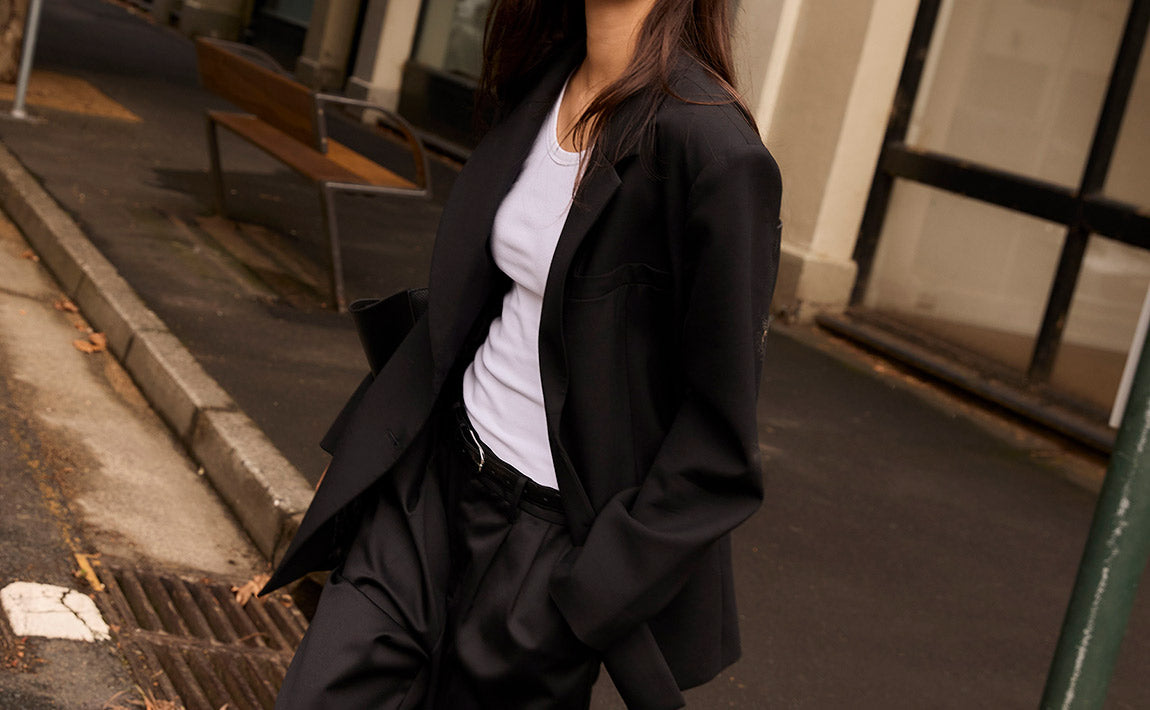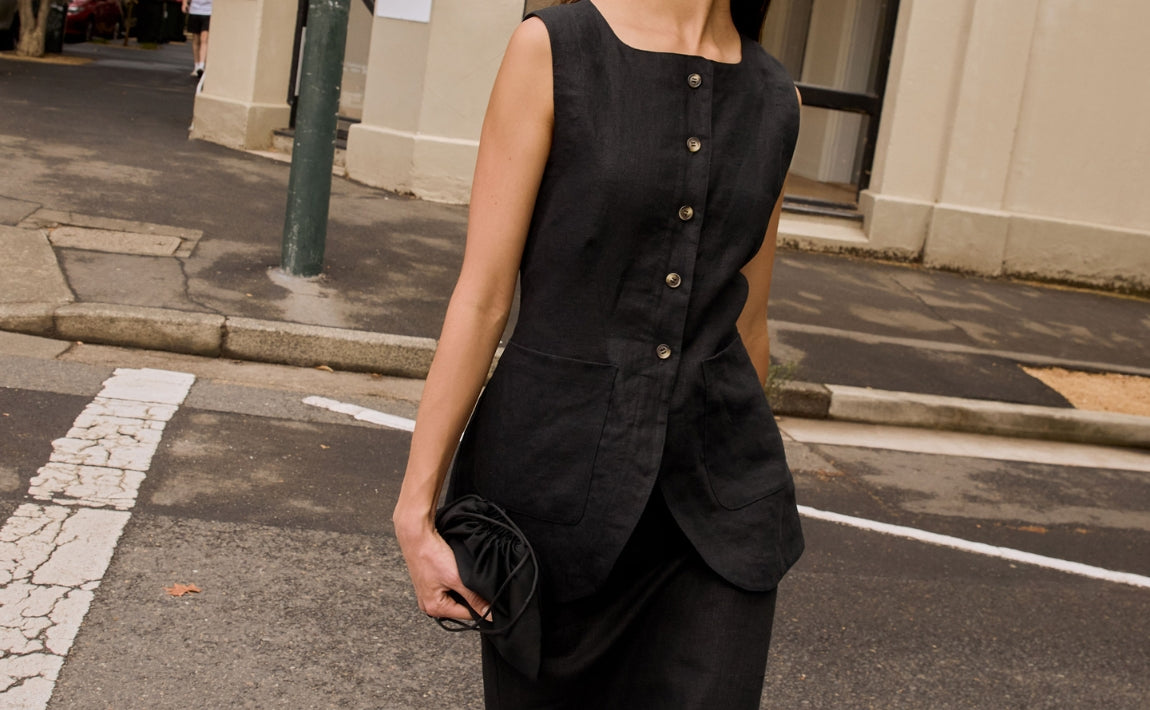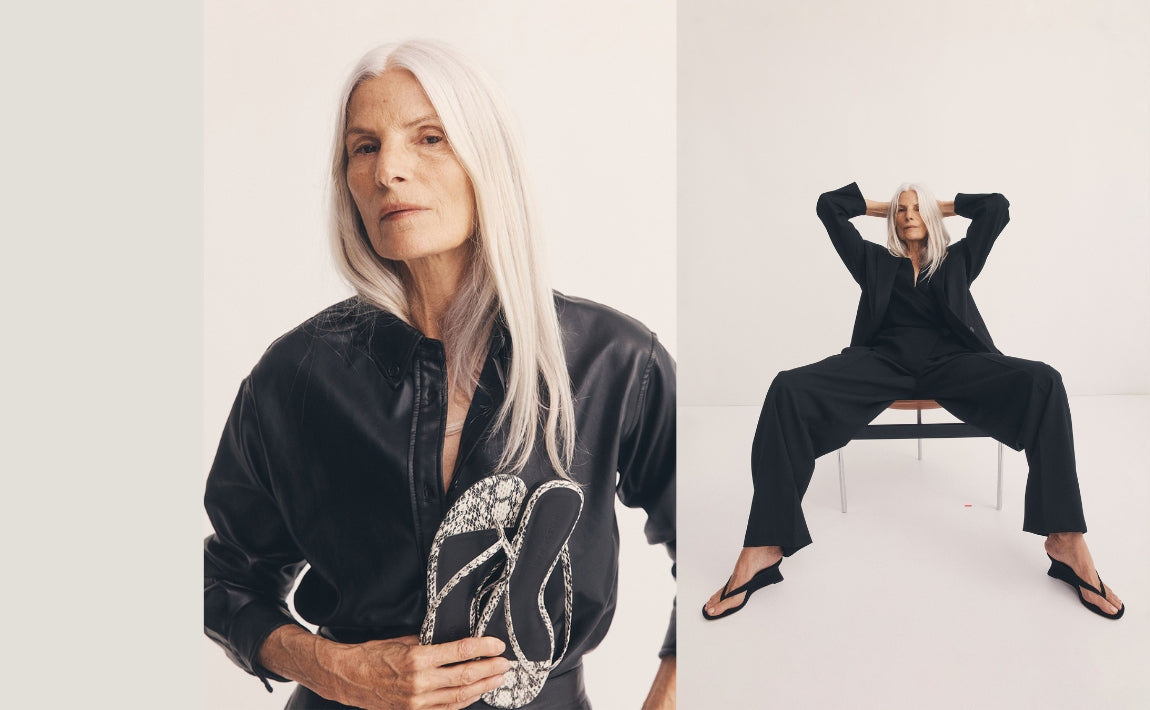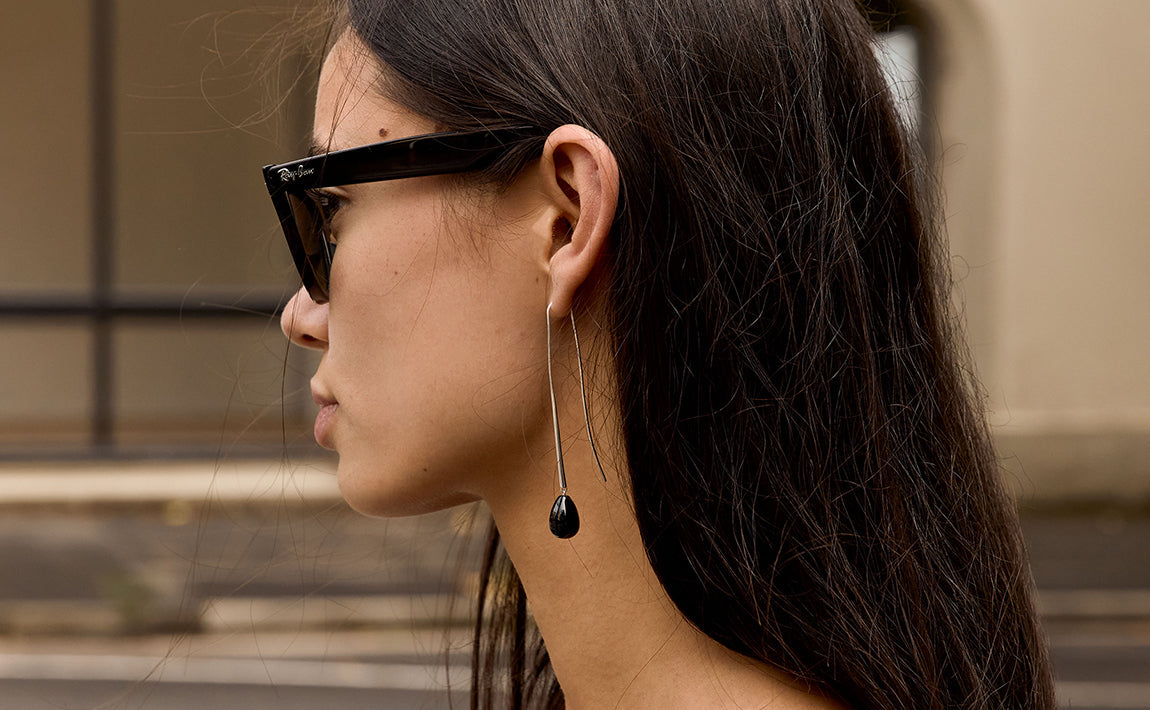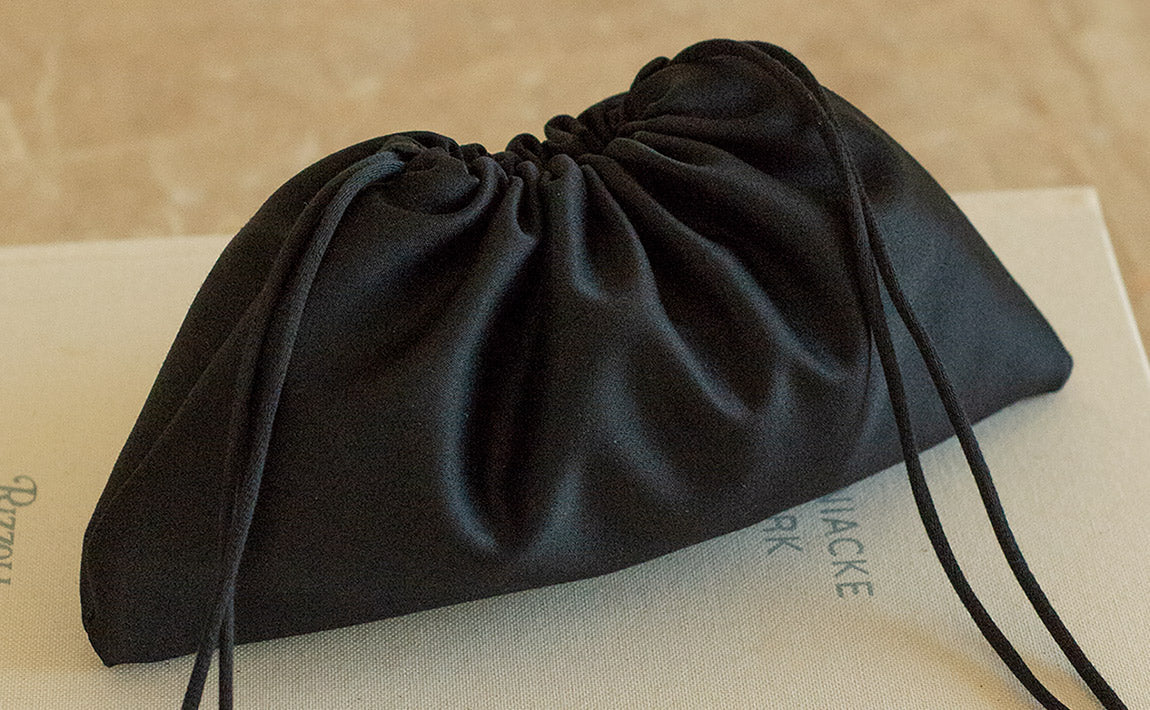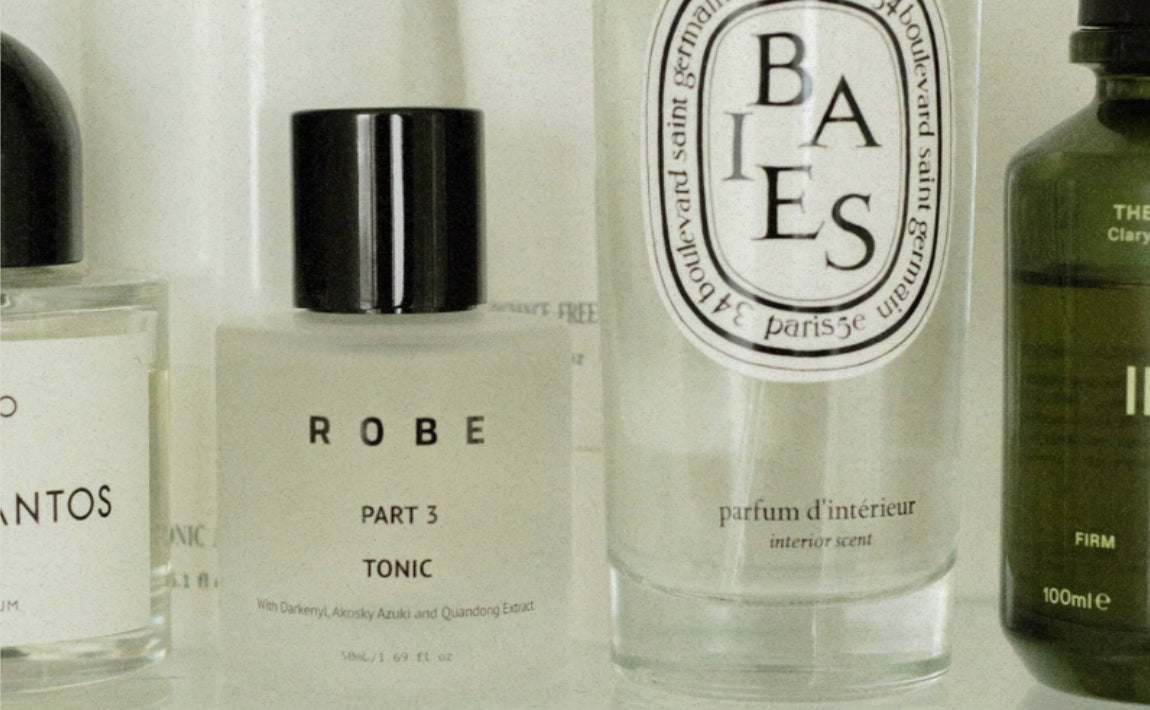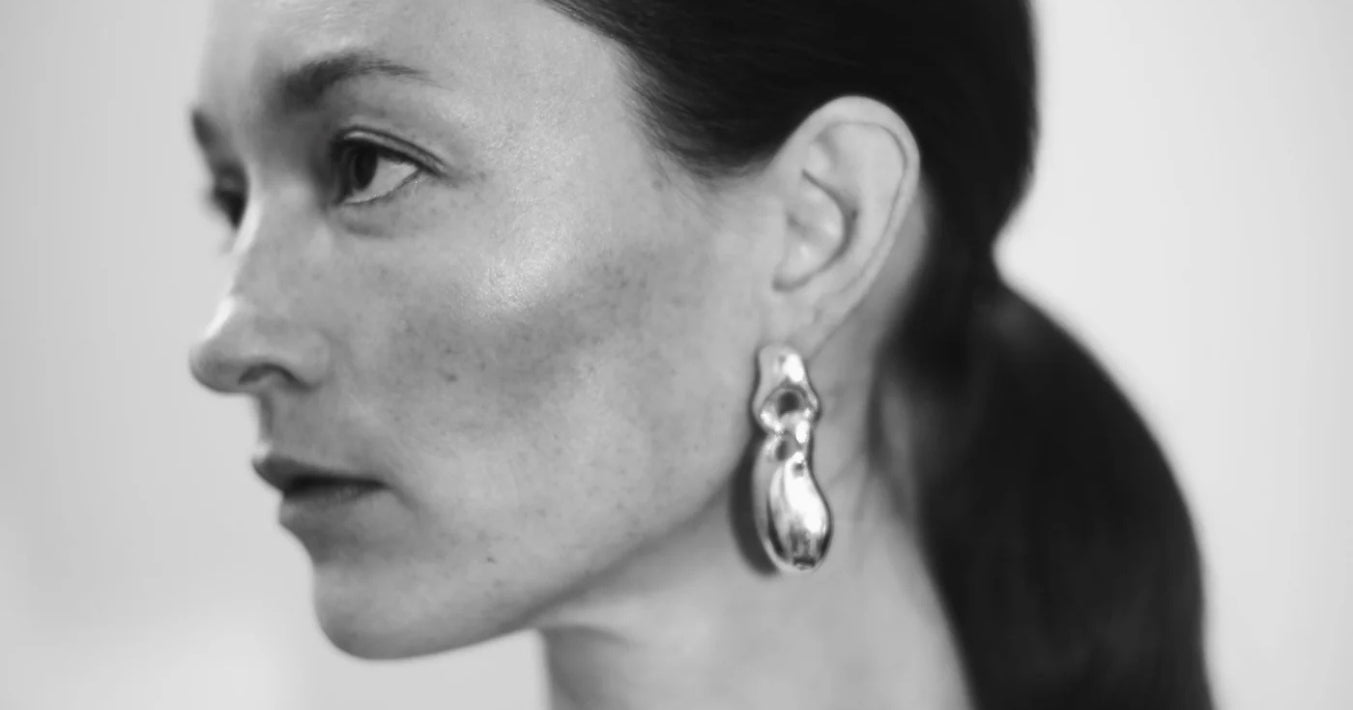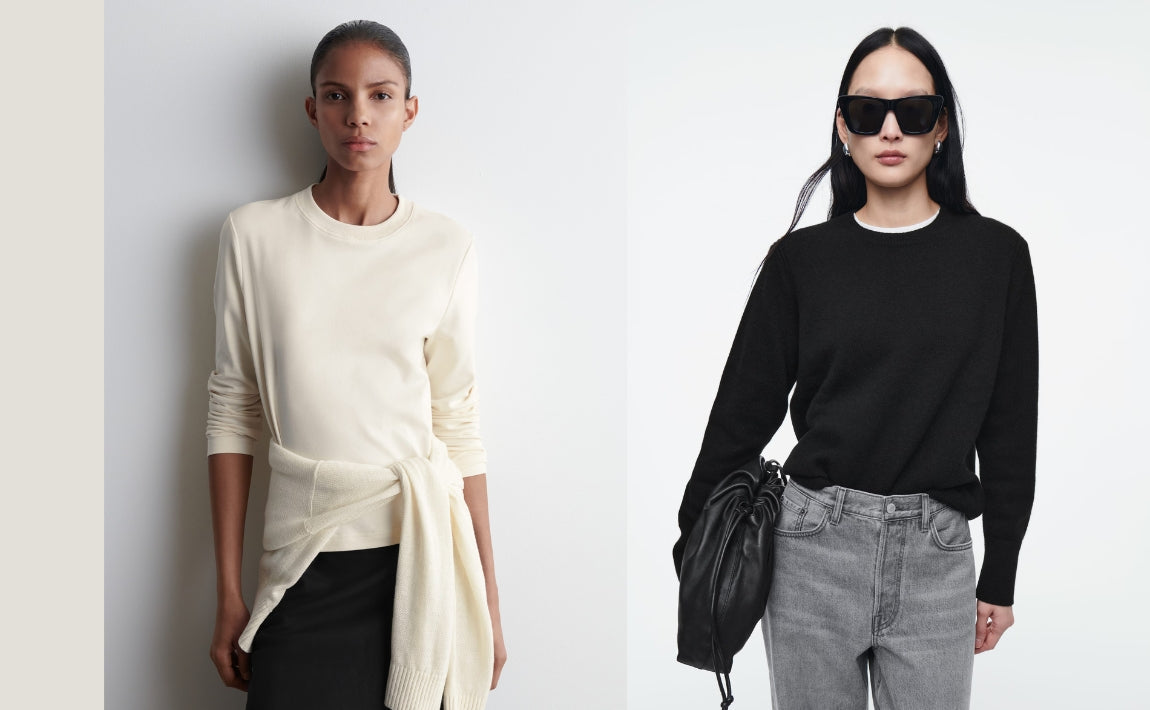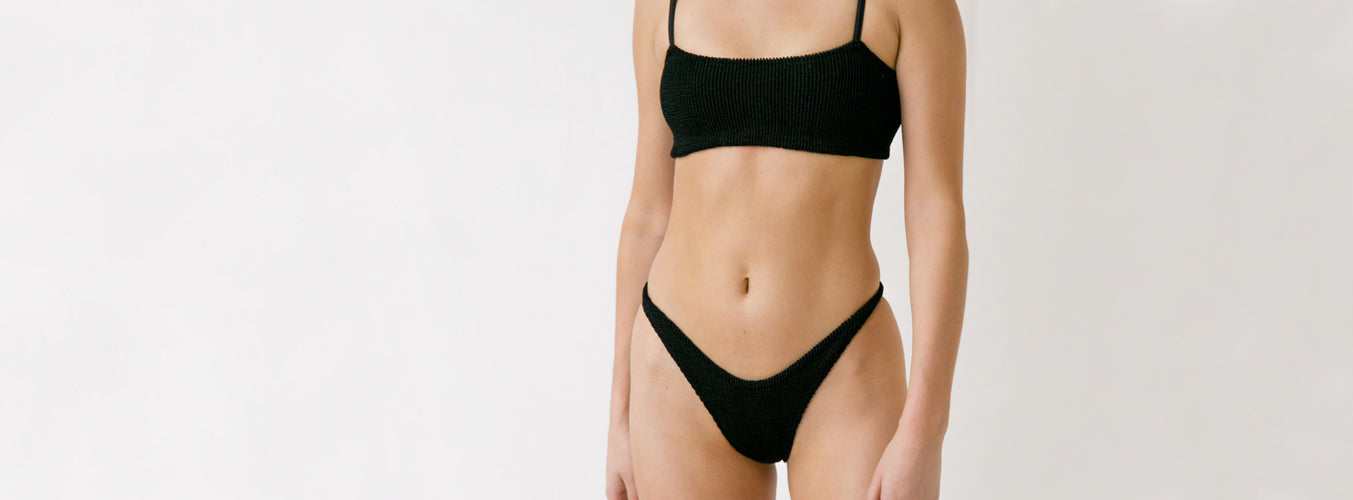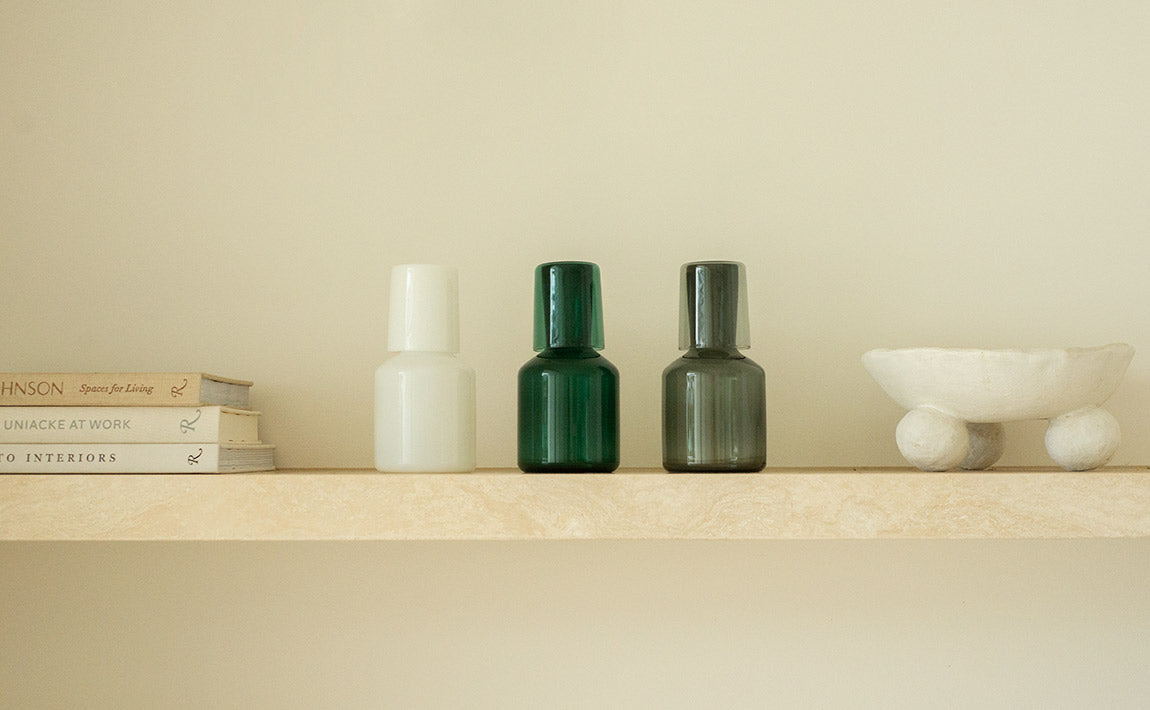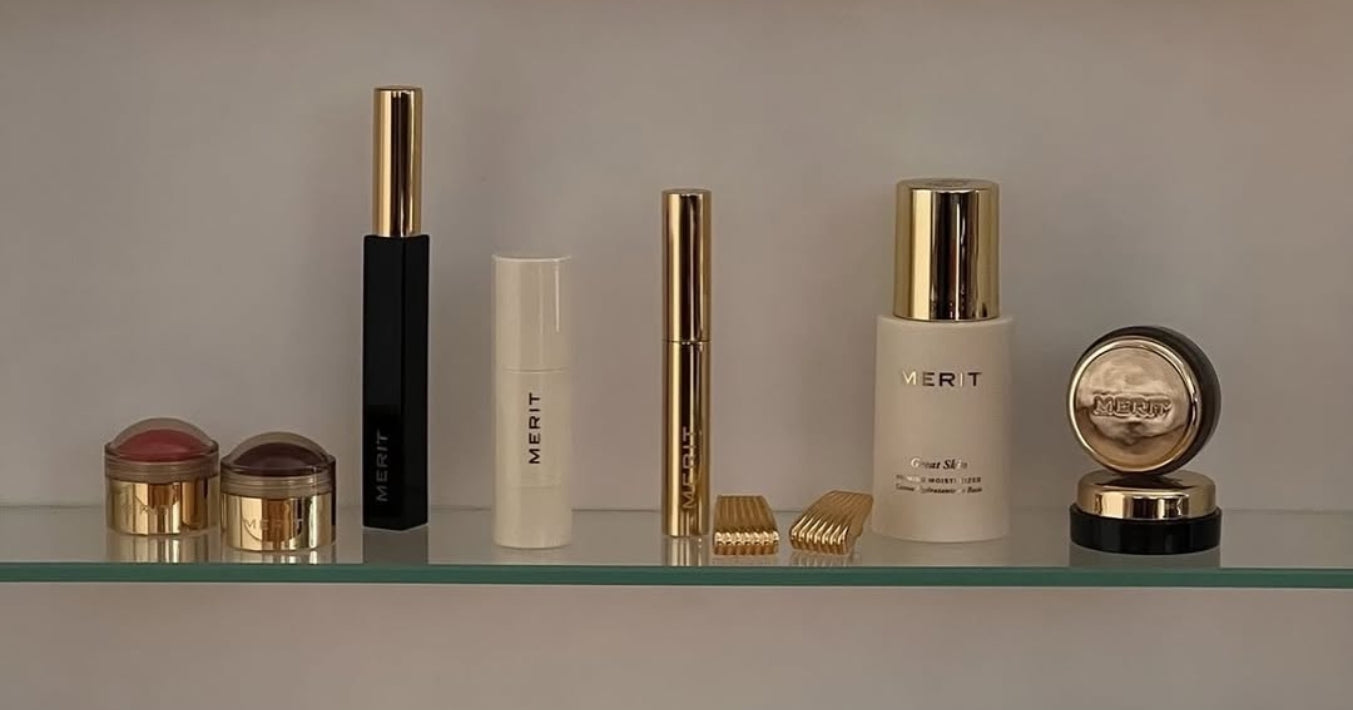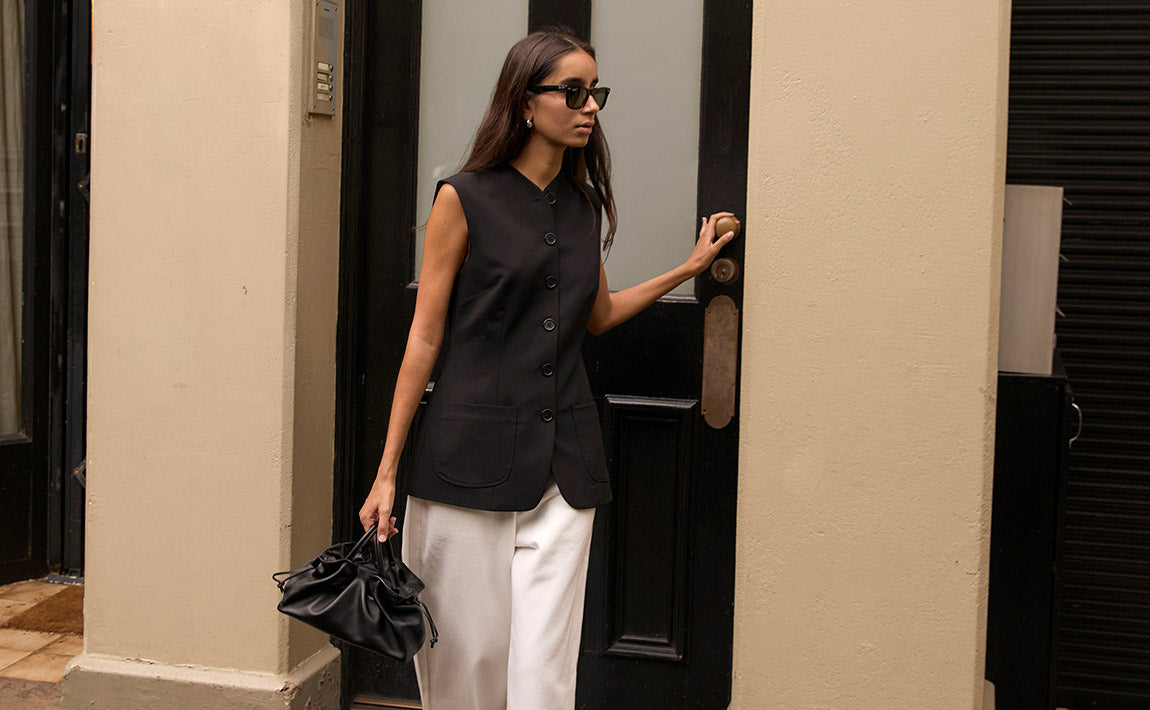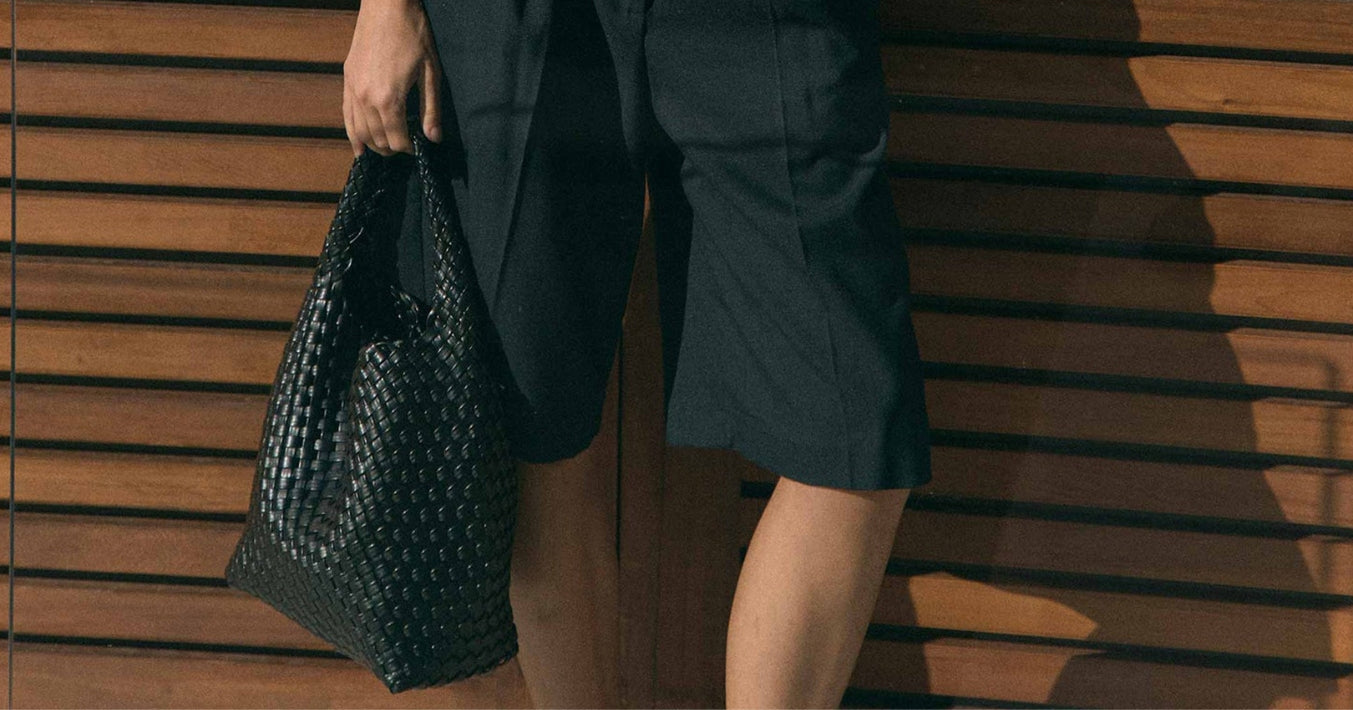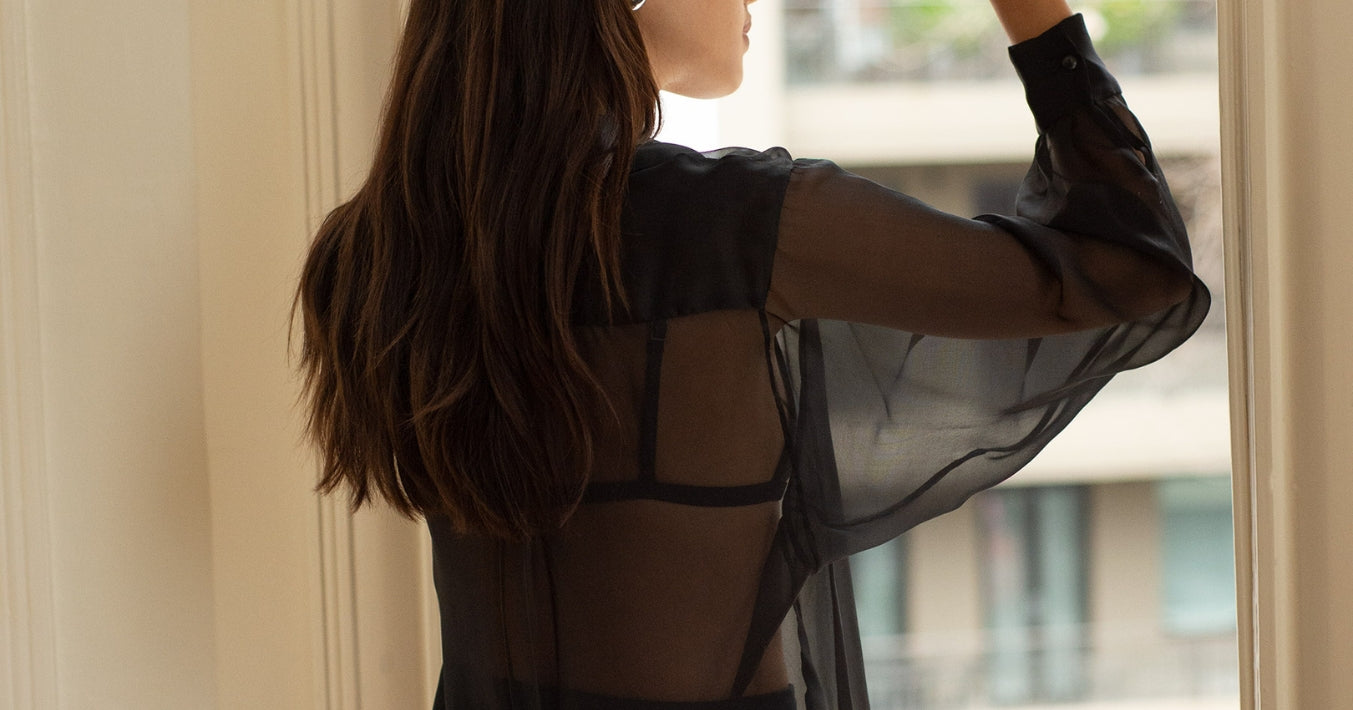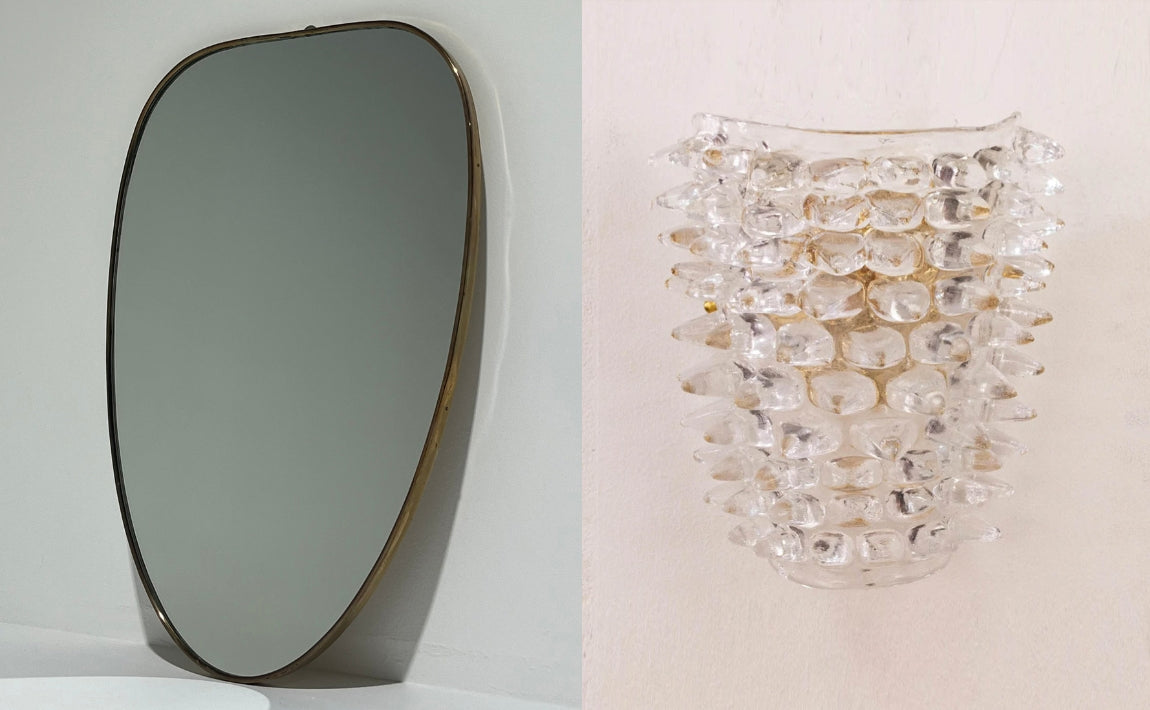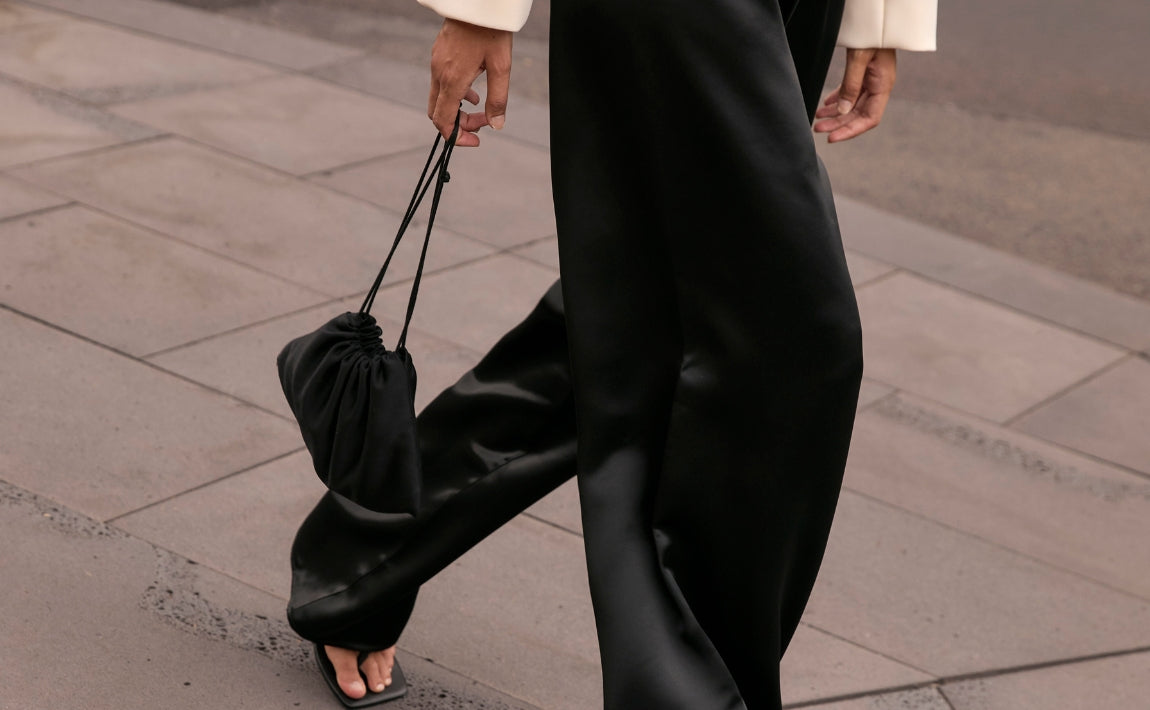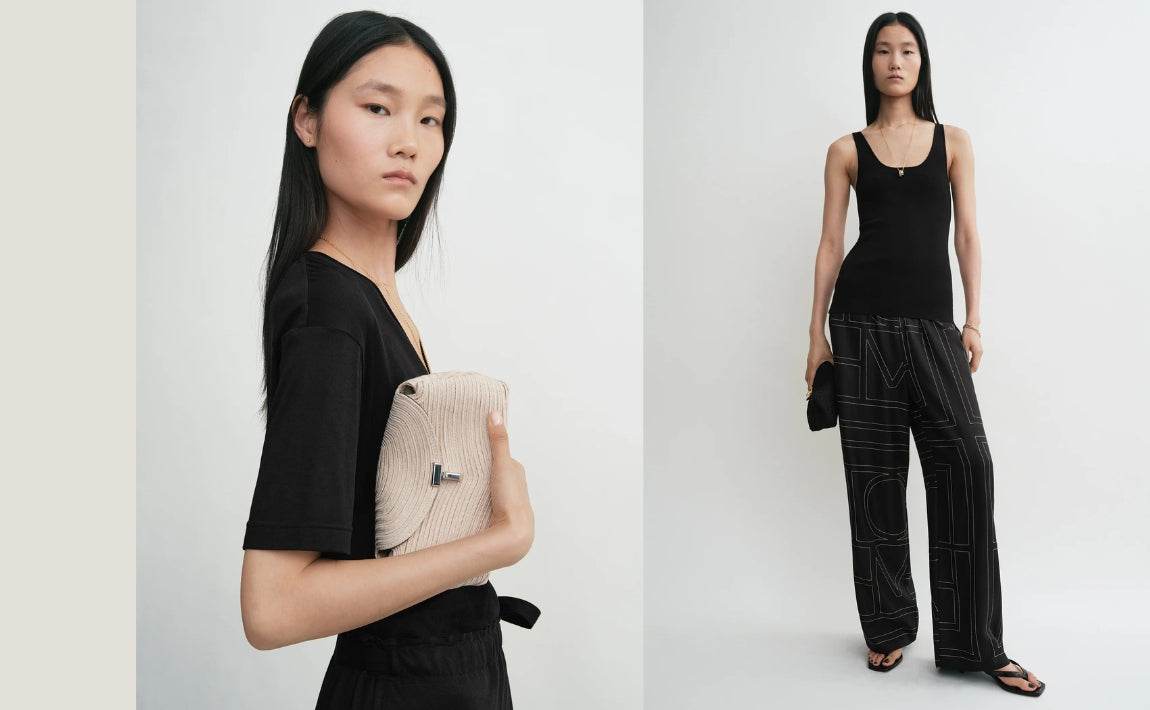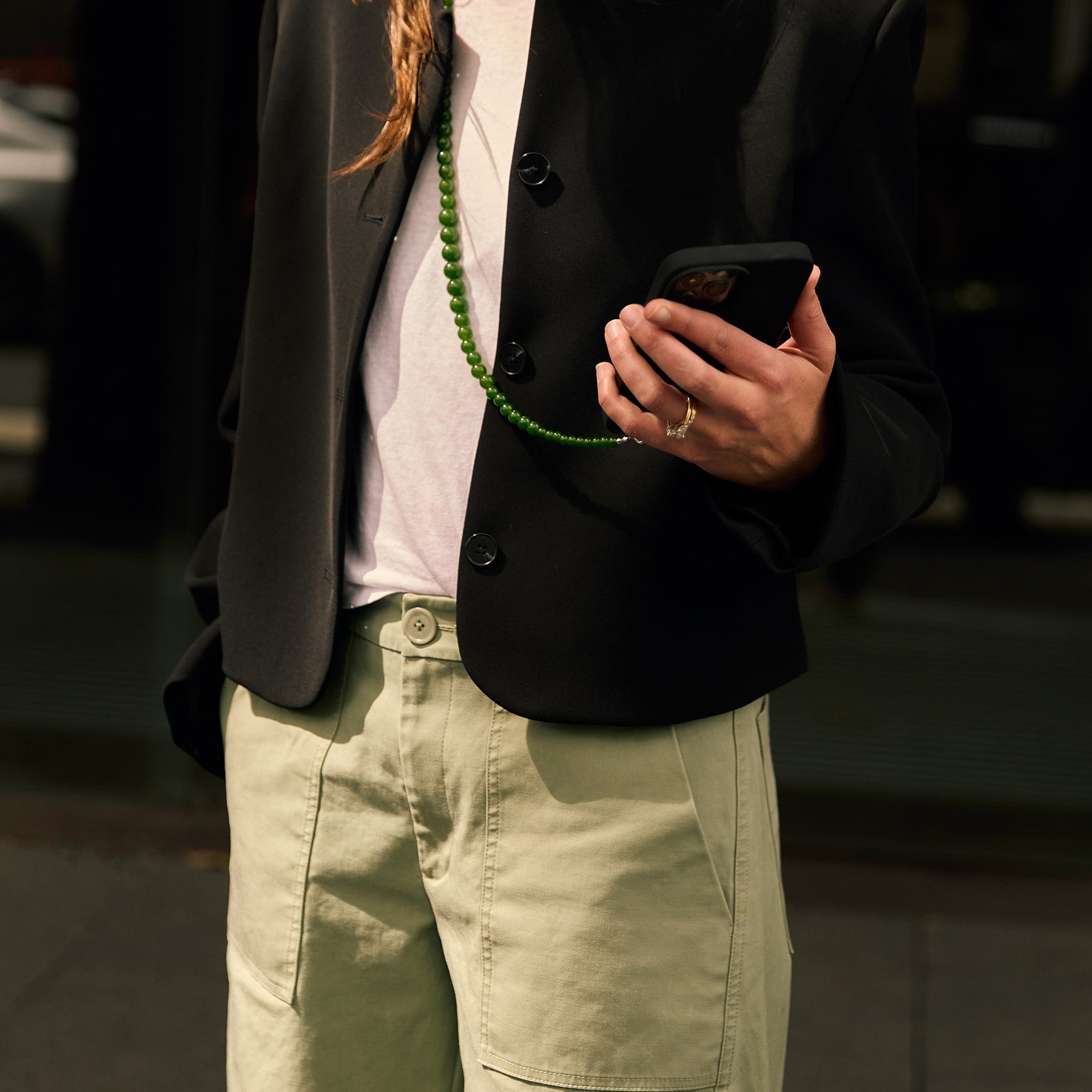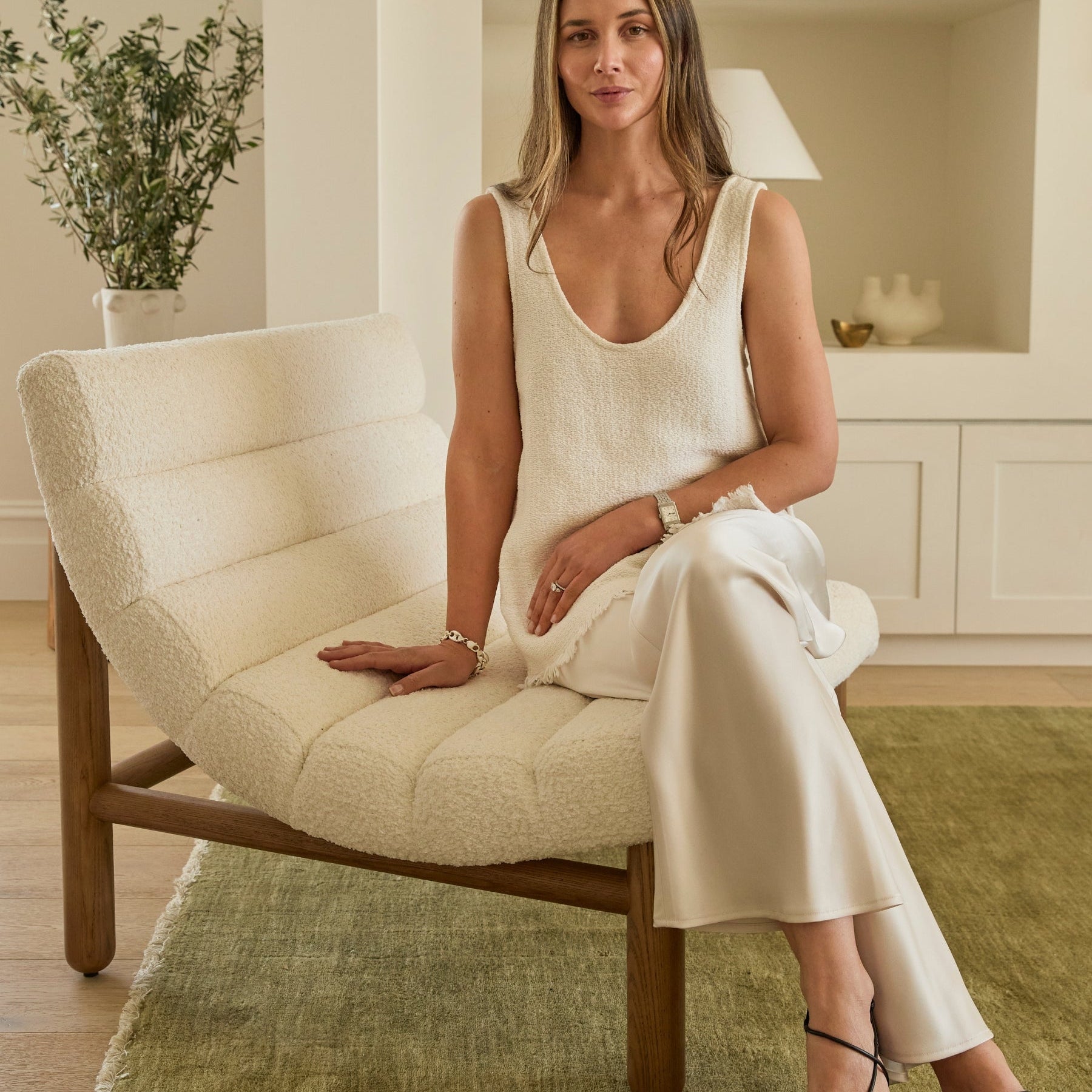Second Act. Why More Women Are Returning to Study and Pivoting Their Careers
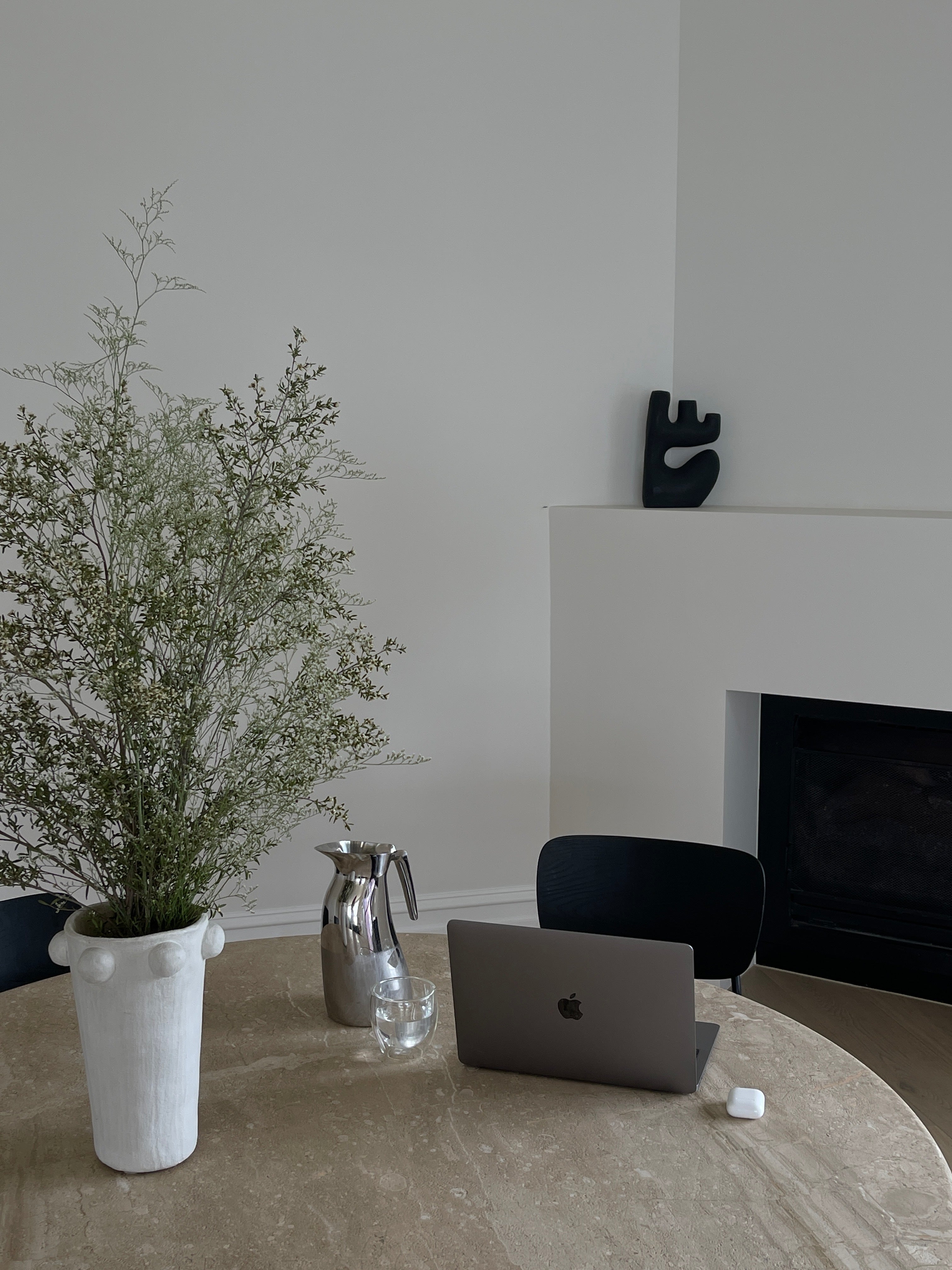
What did you want to be when you ‘grew up’? Why did we pick that original dream and how have we grown from then? With age, travel, life experiences and chance encounters, plus the democratisation of career information, to stick with our original choice, and actually enjoy it, is a rare occurrence. The fact is that the more years we live, the more philosophical and contemplative about life we become.
While our parents’ and grandparents’ generation saw staying at the same company for half a century as the pinnacle in professional success, there is a slowly-growing group of their offspring that are realising they can change their minds, pivot slightly, or extremely, and rewrite their work stories.
Career pivots and returns to education are becoming so pervasive among our generation that there is a whole podcast series, Second Life, dedicated to those who have followed their grown up passions. Hosted by Hillary Kerr, who sights herself as living proof of the phenomenon, originally started her career as a journalist and is now the co-founder and chief content officer of Who What Wear. The stories of hundreds of women who have changed careers prove that, more and more, we value dynamism and enrichment when it comes to our professional lives, and would rather give something a go than regret never trying.
History shows us that the brave are rewarded, and that it’s never too late to make a change. Before she was helming a bridal empire, Vera Wang began her professional years as a figure skater. But after failing to make the US Olympic team, she made her first pivot to study art history. From there, she held posts at US Vogue and Ralph Lauren before finally launching her eponymous bridal label at age 40. After studying both history and architectural history, Martha Stewart began her career as a stockbroker. In 1976, aged 35, decided to start a catering business in her basement, and in 1982, aged 41, published her very first book, titled Entertaining. From that point, the Martha Stewart empire skyrocketed.
For Danielle Gay, editor of Gritty Pretty, it was a long-time pull she felt towards the literary world that made her undertake a second stint of study. "I’ve always known that I’ll write a novel one day—I have several drafts on my desktop. But I started to feel that in order to complete a project, I needed an understanding of the critical theory that goes into storytelling." She promptly enrolled in a Masters of Creative Writing, and entered her next professional phase.
Her move wasn’t made in efforts to shift careers completely, but rather to drill down deeper into what she was already doing. “I’m not studying in order to make a career move—instead, I am further honing my craft from a creative stance which has only made me a stronger writer and editor.” But it had armed her with the tools to try something new, a bridge between her magazine editing and biographical writer worlds.
“I don’t think I would have ever started my newsletter, Reservations, if I hadn’t enrolled to study a literature degree. In this newsletter, I write personal essays each week about dating, relationships, love and loss, and it has been guided by my understanding of the form, which I’ve learned during my degree. I have realised that I love to write memoir, auto-fiction and personal essays, and I sometimes refer to Reservations as a living memoir.”
Alison Rice — a former women’s lifestyle digital publisher — experienced a slightly different career epiphany. Having spent much of her professional years dominating the digital landscape, she found herself ready for change, but not to further her then-current trajectory.
“For me, it was less about the possibilities of what could be, and more about the unsustainable nature of my last role and the expectations on both myself and my team to deliver results under such restrictive conditions,” she explains. “So it was really more about grounding into what I was no longer willing to do or sacrifice in the name of a version of success that no longer felt true, and allowing a different professional reality to become known in the process of choosing my integrity, my values and my desire to use my gifts and skills in a more meaningful way."
Repositioning her target, Rice left the publishing world and went on to launch her platform, Offline. Offering a space for “purpose-driven professionals seeking soft, spacious and aligned success,” this shift saw her become a conscious career and business mentor, regenerative strategist and acclaimed podcast host. Well on the other end of her professional transition period, Rice is now helping like-minded individuals do the same.
Offering a safe place for people to land, one which will help them first recover, Rice through Offline aids in redefining the role that careers play in the overall storylines of our lives. “The overarching theme I observe in my clients is reclamation. They arrive to me wanting to reclaim the parts of themselves and their lives that have been sidelined, ignored or pushed down in a culture of work that has asked them to climb ladders and smash through glass ceilings and get a "seat at the table". What's most common — and what was true for me as well — is they finally get that seat only to realise the table and the people sitting around it will never be able to support the natural and intrinsic seasons that exist within a full and expressed life.
To all who are reading and are having an existential moment about work, what it means to us, and what it should do for us, Rice wants you to remember one thing: “we are not what we do for a living but our current culture of work punishes us for living into that truth."
Of course, it’s important to acknowledge the privilege aspect of being able to make such decisions so freely — many aren’t able to drop their lives completely to go back to school, rather they’re having to work their further study into their every day. Others may not have the financial capacity. But what’s equally important to remember is the importance of staying curious, of constantly learning, of being open to change if and when opportunities come.
On a positive note, the academic world looks to be moving towards a mode that allows for those who can’t stop work to still have the space to study, upskill and be contemplative about their careers. Since the pandemic — a time that forced reality upon us, and allowed us to pause and reassess — there’s been a notable increase in the availability of, and enrollment into, online courses. In 2024, it’s been reported that 49% of students across the globe have completed some sort of online learning, and that figure isn’t likely to drop. Online learning is said to be the fastest-growing market in the education industry, and has grown 900% since it was first made possible in 2000. The most promising statistic, however, is one that claims online learning can reduce the time needed to learn a subject by 40% to 60%.
Rice herself offers a course that takes just two hours to complete, and is separated into nine short audio lessons, so you can tackle it in one afternoon or over a few days. For Gay, traditional study suited her best, but she took an approach that is allowing her to complete her course in her own time, taking classes on-campus in the evening. “This is my third year of a Masters which can be completed in 1.5 years when studying full-time and I probably won’t finish until 2025—in other words, I am taking it slow.”
If you’re on the precipice of change, but are either feeling unsure or anxious, or encountering real-life obstacles along the way, Rice has this to say: “It's an unfolding — slow, intentional, deliberate. I always say to ready and steady yourself for the bumpy road to enlightenment and a professional reality that feels more true. It isn't easy, and one of the biggest obstacles my clients face is judgement from peers, friends and family members.”
“My advice is to remember that how someone reacts to the decisions we make for ourselves is a reflection of their own state of consciousness, their own stories and their own fears. There's also a lot that comes up around this perception that choosing to start fresh in a new career or returning to study means we’re going backwards in life, but the opposite is true. Choosing to take action on our intuitive knowings and inner desires for our one, big life is a sign of supreme growth and evolution.”
Gay herself has never looked back, and promises that if you too are looking to expand your mind, add to your skillset, or work towards a complete change, you won’t regret it. “I have always loved learning and will probably study for the rest of my life… If you’re considering going back to school but worried about how long it might take, I always say the time will pass anyway.”


